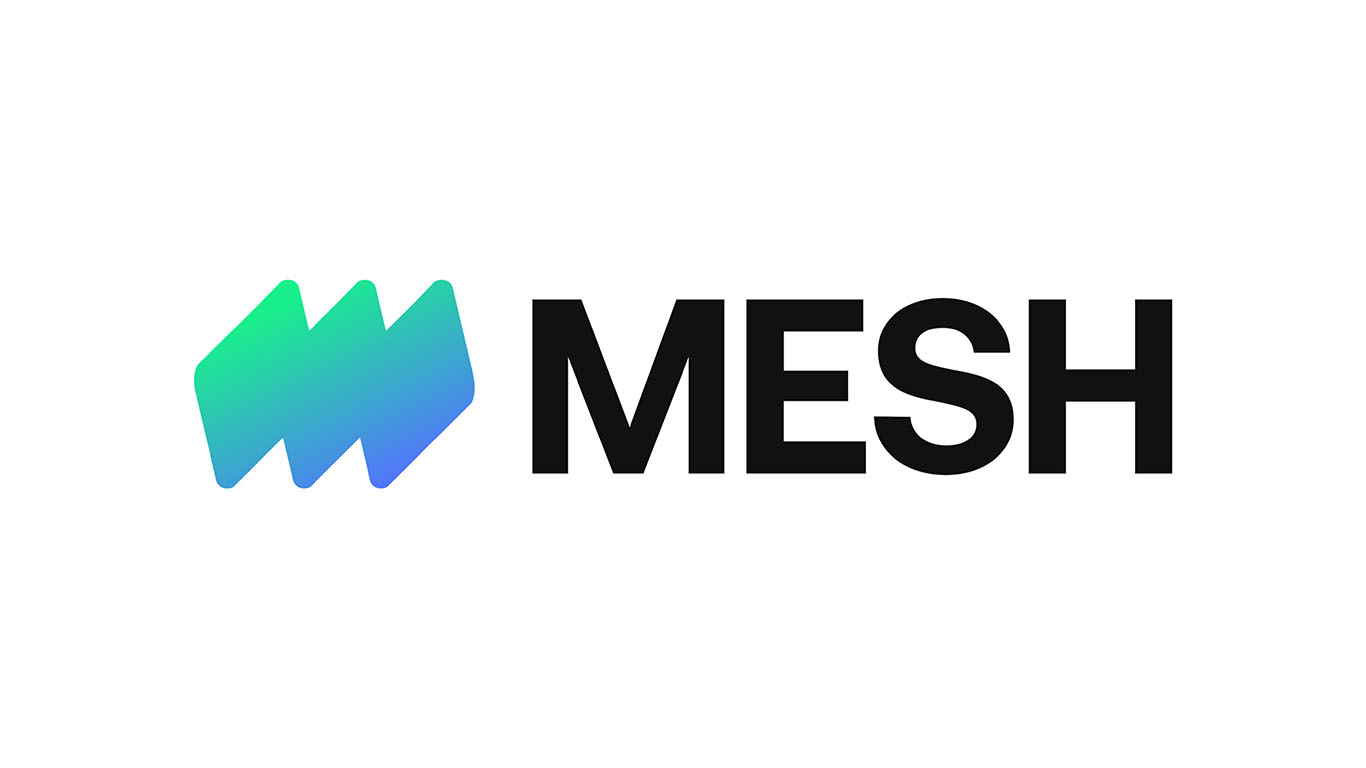Nextdata, a startup specializing in building and sharing data products through their “data-mesh-native” platform, has secured $12 million in a seed investment, led by Greycroft and Acrew Capital. The funding will be utilized to further develop Nextdata’s tooling and expand their teams across product, engineering, and go-to-market functions.
Key Takeaway
Nextdata secures
2 million in funding for the development of its data-mesh-native platform, which enables the creation and sharing of data products. The platform, inspired by the concept of the data mesh, addresses the challenges faced by enterprises in terms of data sharing for AI and machine learning. They aim to simplify data systems and provide an open standard for accessing and distributing data products, reducing duplication and enabling secure and scalable analytics and AI implementations.
The Challenges of Data Sharing in the Age of AI
Founder Zhamak Dehghani launched Nextdata with the goal of addressing the challenges associated with data sharing in the context of AI and machine learning. According to Dehghani, many enterprises are faced with a dilemma between prioritizing the speed of data-driven innovation while compromising on safety and security, or opting for slower, more cautious innovation with enhanced security measures. The existing data management technology often falls short in enabling the sharing of trusted data, hindering the true potential of AI for many organizations.
Prior to founding Nextdata, Dehghani served as the director of emerging technology at ThoughtWorks, where she introduced the concept of the data mesh to enterprise clients. Inspired by her work at ThoughtWorks, Dehghani developed Nextdata OS, a data mesh system that facilitates the creation, sharing, discovery, and application of data products for analytics purposes.
The Nextdata OS Solution
Through Nextdata OS, users can store data and metadata in a single container known as the data product container. Other users can then manage or integrate this container into various applications, websites, and services. Each data product container comes equipped with data governance policies that are embedded as code. These policies are enforced throughout the build and run time of the data product, ensuring security and compliance at every step of data storage, access, and retrieval.
Dehghani explains that Nextdata functions as a data counterpart to what containers and web APIs provide for software. The platform offers APIs that establish an open standard for accessing data products across technologies and trust boundaries. By enabling analytical and machine-learning workloads to be distributed across data products, rather than requiring data duplication for reprocessing, Nextdata reduces busy work and minimizes data bloat.
Pilots and Expansion Plans
Nextdata has already gained traction with Fortune 100 companies through pilot projects and boasts “thousands” of users in its early access program. With the recent funding, the company aims to expand its team, which currently consists of 10 individuals, including both contractors and full-time employees.
Dehghani emphasizes the urgency for organizations to rethink their data systems in light of the hype surrounding AI. Nextdata aims to simplify the process of sharing, connecting, and discovering enterprise data for analytics and AI through a decentralized and scalable approach. The company is actively recruiting visionaries and problem-solvers to lead the responsible unlocking of data for all.

























